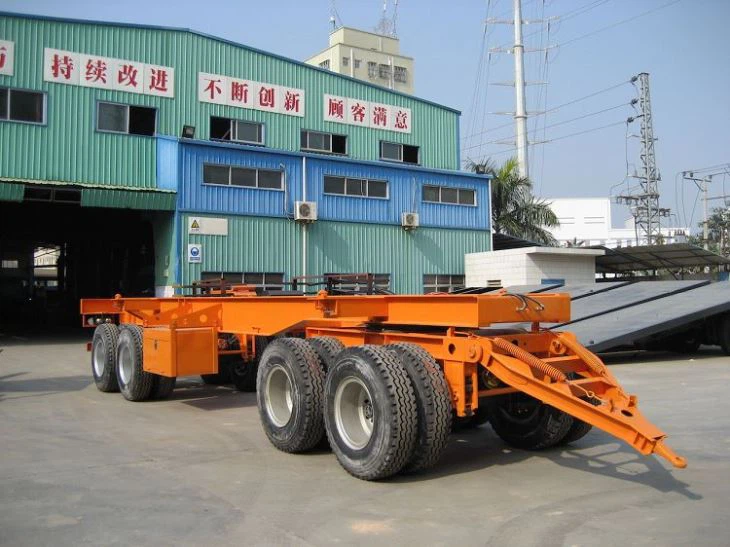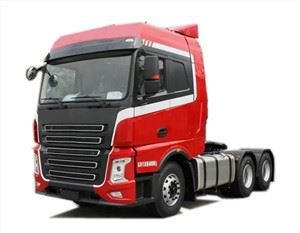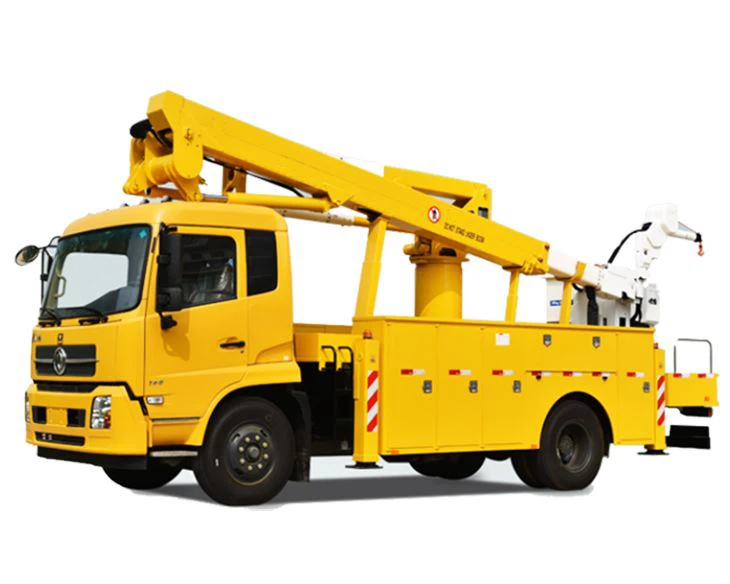From Trailers to Trash: Your Complete Guide to Eco-Friendly Disposal

Managing waste effectively is essential in today’s environmentally conscious society. From food scraps to bulky items like trailers, knowing how to dispose of waste responsibly is crucial. This article delves into the journey of trailers from use to disposal, providing you with comprehensive insights into sustainable practices, legal regulations, and eco-friendly options. We will also cover practical tips and examples to help you navigate the complex landscape of waste management.

Understanding the Lifecycle of Trailers
What is a Trailer?
A trailer is a non-motorized vehicle designed to be towed by a motor vehicle. There are various types, including utility trailers, travel trailers, and car hauliers. Understanding the lifecycle of a trailer is critical as it guides us in determining the best disposal methods.
The Journey of a Trailer
- Manufacturing: Trailers are produced using various materials such as metal and wood.
- Usage: When in good condition, trailers serve various practical purposes.
- End-of-life: After extensive use, trailers may become unsafe or unusable.
Why Proper Disposal of Trailers Matters
The Environmental Impact
Improper disposal of trailers can result in significant environmental damage. Materials like metals can leach into the soil, contaminating groundwater. This section explores the potential effects on the ecosystem.

Potential Hazards from Improper Disposal
- Soil and Water Pollution
- Wildlife Hazards
- Fire Risks
Legal Implications
Many regions have laws governing waste disposal. Understanding these regulations is crucial to avoid fines and legal issues. Research the local laws regarding trailer disposal in your area to ensure compliance.
Assessing the Condition of Your Trailer
Is Your Trailer Worth Repairing?
Before you decide to dispose of your trailer, it’s essential to evaluate its condition. Doing so can save you time and resources if the trailer is still usable.
Key Indicators of Trailer Condition
| Condition Indicator | Assessment | Action |
|---|---|---|
| Rust Damage | Less than 25% surface area affected | Consider repair |
| Structural Integrity | Frame and axles intact | Operational use possible |
| Electrical Systems | Lights and brakes functioning | Safe to use |
| Tires Condition | Thread depth sufficient | Useable for transportation |
Eco-Friendly Disposal Methods
Recycling Parts
Many trailer components can be recycled. Metals, plastic parts, and even wood from trailers can be repurposed, minimizing waste.
Steps for Recycling Your Trailer
- Identify recyclable parts.
- Contact local recycling centers.
- Prepare the materials for transport.
Donation and Resale Options
If your trailer is still usable, consider donating or selling it. Local charities or online marketplace platforms are excellent avenues for passing on usable items.
Suggestions for Donation and Resale
- Check local community forums.
- Visit donation centers.
- List on online classified platforms.
Finding Professional Disposal Services
Choosing the Right Service
Selecting a reliable disposal service requires research. Look for companies that follow sustainable practices.
Parameters for Selection
| Criteria | Importance |
|---|---|
| Accreditations | Ensures legal compliance |
| Customer Reviews | Indicates service quality |
| Sustainability Practices | Assures eco-friendly disposal |
Costs Involved in Disposal
Understanding the costs associated with disposing of a trailer can help you budget effectively. Costs can vary based on the method you choose.
Typical Cost Breakdown
- Vehicle Removal Fees
- Recycling Charges
- Environmental Fees
Preventative Measures to Extend Trailer Life
Regular Maintenance Practices
Maintaining your trailer can prolong its life, preventing it from becoming waste. Regular inspections and repairs are crucial.
Essential Maintenance Tips
- Inspect tires regularly.
- Check brake systems.
- Maintain proper lubrication.
Upcycling Ideas for Old Trailers
If you have an old trailer that is no longer roadworthy, consider creative upcycling projects. Transforming it into furniture or a garden feature can give it a new life.
Community Efforts in Waste Management
Local Recycling Initiatives
Many communities have recycling programs in place to handle bulky waste items like trailers. Engage with these initiatives for responsible disposal.
How to Get Involved
- Volunteer for community clean-up days.
- Participate in environmental workshops.
Frequently Asked Questions (FAQ)

What should I do if my trailer is beyond repair?
If your trailer is beyond repair, consider recycling its parts, donating it if it’s still usable, or hiring a professional disposal service.
Are there regulations regarding trailer disposal in my area?
Yes, regulations vary by location. It’s essential to check local laws concerning waste disposal and recycling to ensure compliance.
Can I recycle the materials of a trailer?
Yes, many materials in trailers, including metals and plastics, can be recycled. Contact your local recycling center for more information.
How can I find a reliable disposal service?
Research local disposal services, looking for customer reviews, accreditations, and eco-friendly practices to ensure reliability.
What are some advantages of donating my trailer?
Donating your trailer helps others in need while also reducing environmental waste. Additionally, you may receive tax benefits!
Can I turn my old trailer into something new?
Absolutely! Many people upcycle old trailers into furniture, garden beds, or decorative pieces. It’s a fun way to creatively reuse materials.
